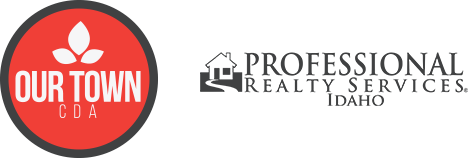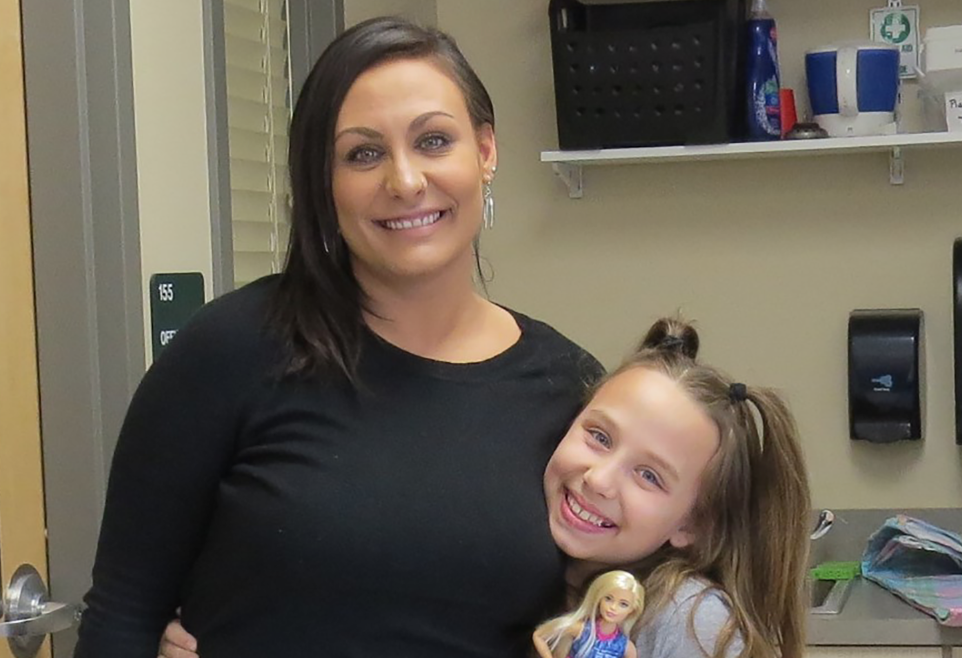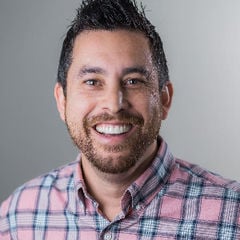Local agency instrumental in helping women on a new life journey
By Kim Roth | Article provided by Coeur d’Alene Living Local
There is so much good in the world. Sure, there is sadness, addiction, pain and sorrow that sometimes feels insurmountable. But there is also goodness, kindness and happiness. And when you see this in your own community, it’s both encouraging and contagious. I witnessed this first-hand the day I visited the Union Gospel Mission Center for Women and Children in Coeur d’Alene. I was filled with a sense of awe at the strength of the women who live there and admiration for the staff and volunteers who help them find it.
The UGM Center in Coeur d’Alene is a recovery center for women who have lived with addiction but are committed to making a change. The center opened in September 2012 and is currently home to 36 women and 32 children. These women are ready to rid their lives of what has made them dysfunctional. Commitment to this kind of change is not easy, but the volunteers and staff at the recovery center understand this. Their purpose is to help women overcome their addiction, learn to foster healthy relationships and be able to live independently as a contributor in society.
When women first arrive, they live in what residents call the “Mercy House” for the first month. Here they have a chance to begin healing emotionally and physically from addiction. Residents then move into the larger “Grace House” and stay for a period of 18 to 24 months. During this time, all their needs are provided for at no cost to them. They sleep and eat at the center. They receive medical and dental care, get their hair done in the facility’s salon, shop for clothing and household goods at the onsite “boutique” of donated items and even obtain legal guidance. These services are given by volunteers from the community. “Everything is provided for us,” explains Stephanie, a current resident. “I don’t hear anyone complaining. I think everyone is just thankful for a bed. Otherwise, I know I wouldn’t have one.”
Having their physical needs taken care of allows residents to focus on personal healing and learning new skills. Residents attend classes to prepare them to live and work on their own following graduation from the program. There are classes on parenting, healthy relationships, computer skills and more. Classes are also available to help residents finish education or job training. Valerie, a resident currently working to complete her GED, confesses that when she first arrived at the center she wasn’t eager to do school work again. Recovery center director, JoAnn, confirms that “many times the classroom door is the most difficult one for these women to walk through.” Now nearly a year later, Valerie credits the vocation/education teacher with helping her believe in herself and making success possible. The goal of the staff is to assess where each woman is at and where she wants to go. JoAnn states, “Our goal is to help these women dream again.”
“They don’t want us to just get a job [in fast food],” Stephanie, another resident, states. Stephanie is hoping to become a dental assistant. Job training is part of the recovery program. Before graduation, residents are required to complete a 240-hour job practicum, like an internship. Stephanie explains that staff members do everything they can to help prepare these women for a future they once didn’t believe they had. “[The staff] and God just open doors for us.”
Although the recovery center has many classrooms and counseling offices, the building feels very much like a home. There are personalized rooms where residents live and family rooms where moms and children gather to socialize. Bedroom doors are left open and rooms are tidy. This is all part of the accountability and living standards required at the center. Stephanie explains, “You have to respect the rules to live here.”
Of course, there are challenges when this many people share living space. Daily chores have to be done, and raising children in this kind of a fish bowl is difficult. “I like the rifts, though,” says JoAnne. “It’s an opportunity to learn conflict resolution and how to have healthy conversations and create healthy relationships. These kinds of issues allow us to work on matters of the heart.”
Valerie and Stephanie are evidence of the success of the recovery program. They speak honestly about past addiction and life at the center—including their mistakes, struggles and successes. Once asked to leave the program because of her actions, Stephanie admits full responsibility for having made the house unsafe for others. “It was my choice that caused me to leave the program. I hadn’t been kicked out.” To be readmitted, Stephanie created an action plan to recommit to the program. Having learned that she is responsible for her choices and consequences, Stephanie says, “There’s been a lot of growth for me here.”
Valerie added by sharing that now she uses this same understanding to teach her boys. She explains to them, “You always have a choice, and you choose the consequence.”
Stephanie, who has had several of her classmates leave the program, asserts, “At the center of it all is God. Here it’s like a big pile of grace. People sometimes weed themselves out. It’s hard to watch people go, but you have to embrace the process. It’s really beautiful.”
Linda, the community engagement coordinator at the UGM Recovery Center, asserts that the high quality of volunteers and the service they give is unmeasurable. “There is incredible heart in this community!” And, in regard to the women they serve, Linda says, “These are some of the bravest people I’ve ever met! It’s humbling to work here and see what they’ve come through.”


